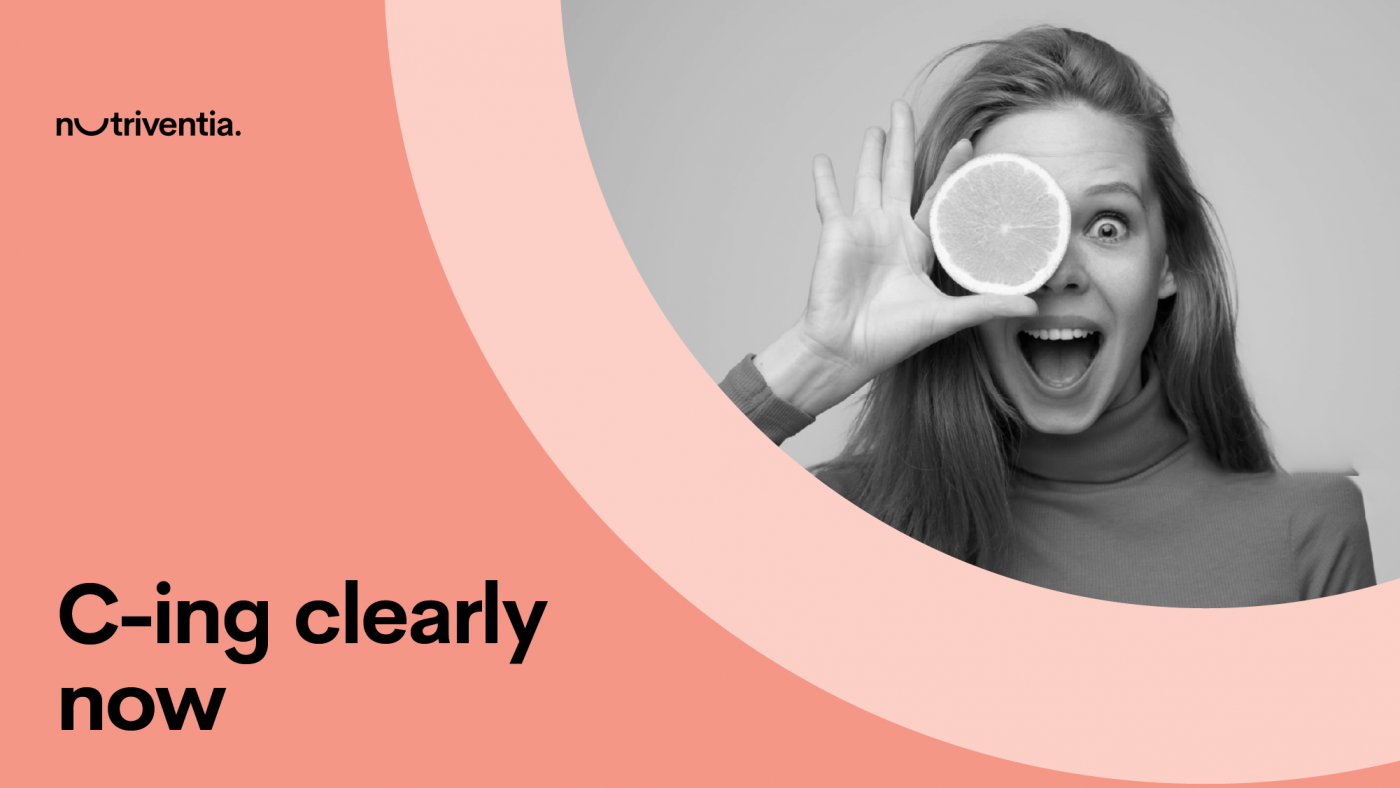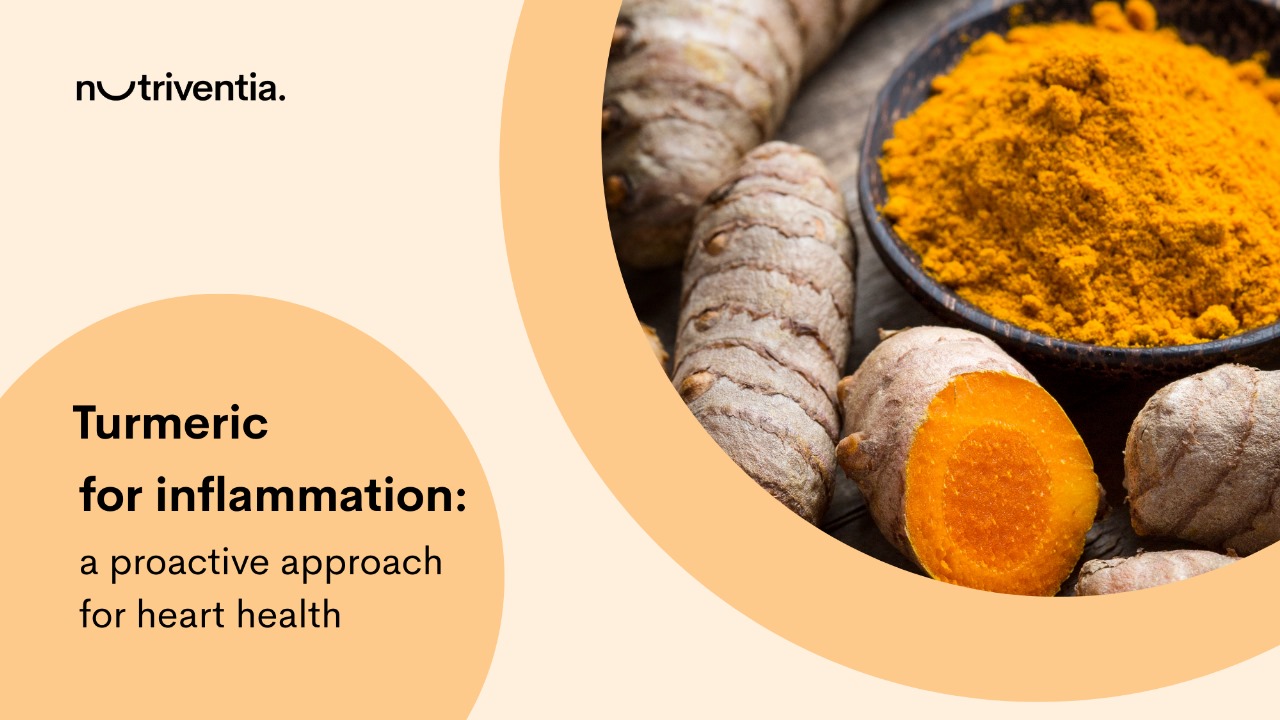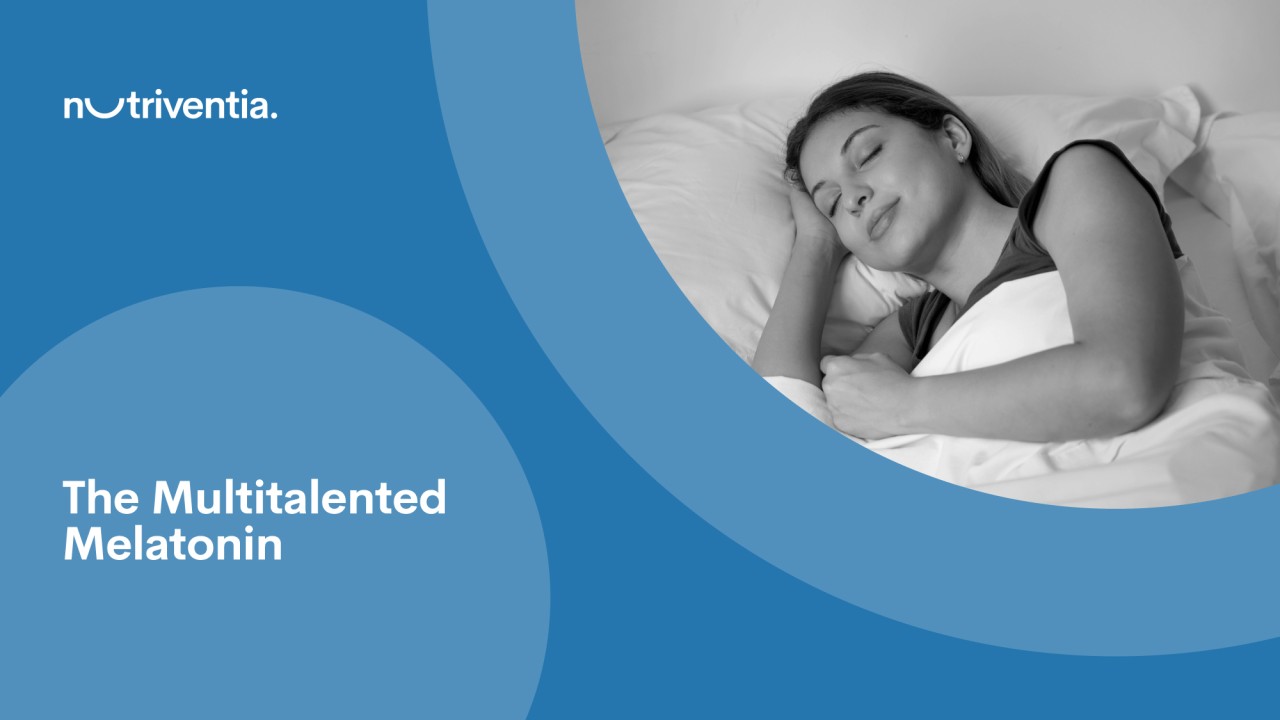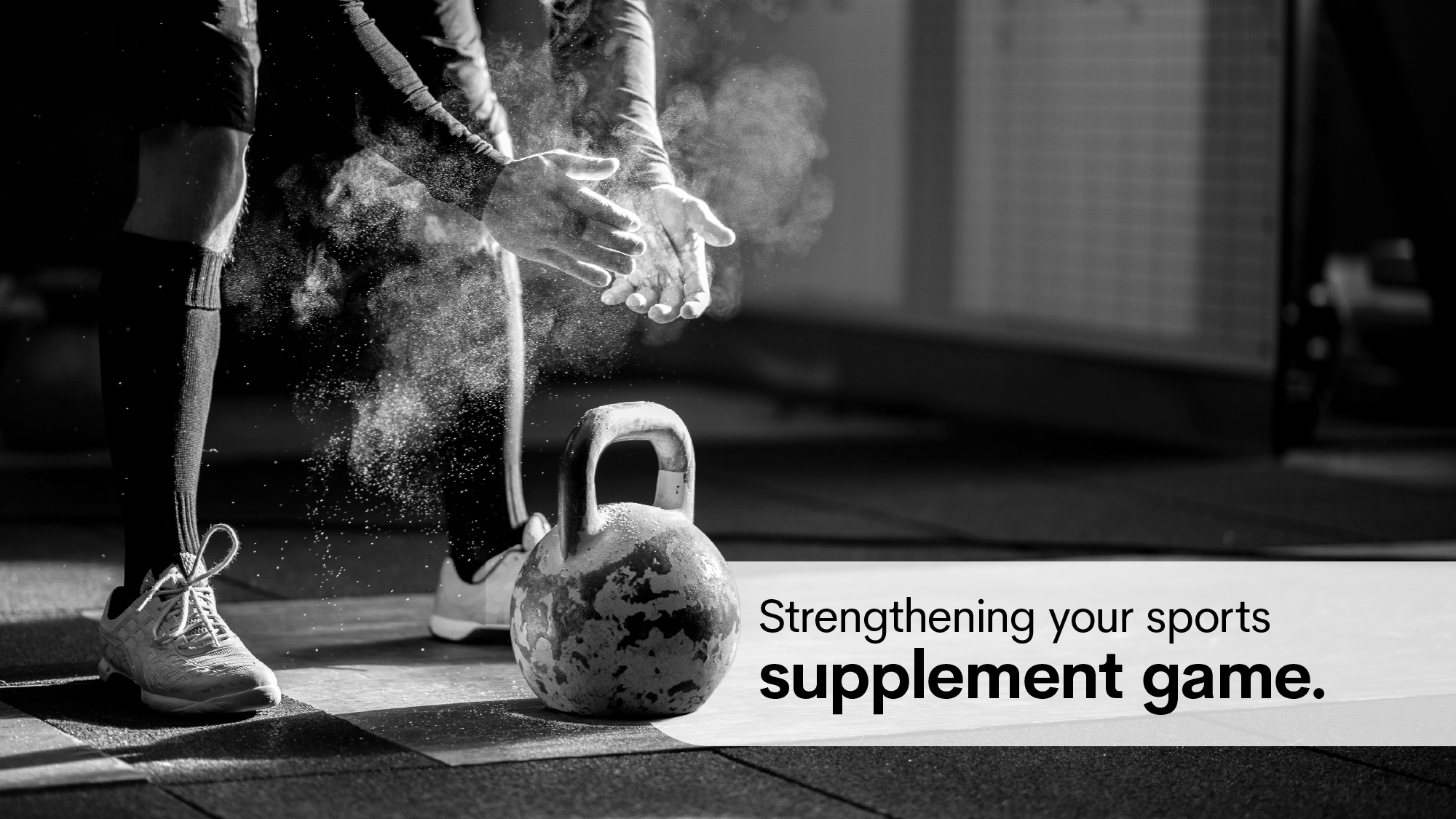If a question on Family Feud was “Name the most popular vitamin,” the number-one answer would likely be “C.”
There are great reasons for it, all of which are relevant when getting back into a post-summer fast-paced, full-plate life. And there are also some myths about vitamin C (ascorbic acid) that just aren’t true. But you can “C” clearly when you understand what it can do and what it cannot.
Improves Iron Absorption: Iron is an essential mineral that helps reduce fatigue, transport oxygen in the blood, and boosts immunity. Typically, vegans and vegetarians don’t get enough as iron is primarily found in red meats rather than in produce except for spinach.
Vitamin C improves iron absorption. Ascorbic acid chelates iron in the stomach’s low pH. As with all minerals, dietary iron comes in several forms, some harder for the body to absorb and use. C also helps convert poorly absorbed iron from plant sources into a more absorbable form. One study found that 100 mg vitamin C can increase iron absorption by 67%.
According to a review, one study found that adding 63 mg of vitamin C to a high non-heme iron meal (plant-based or vegetarian) provided a 2.9-fold increase in iron absorption, while in another study higher concentrations of C have improved iron absorption up to 400%.
Here’s why it matters in the autumn: iron also helps to maintain strong immunity throughout cold and flu season and helps keep energy levels high, too.
Preserves Cognitive Function: Vitamin C is known to be a powerful antioxidant, therefore, insufficient vitamin C is associated with, among other conditions, impaired cognitive abilities including memory, according to one study. One four-year study of 117 participants found that vitamin C supplementation was associated with a lower prevalence of more severe cognitive impairment. A similar study also found that high antioxidant consumption of vitamins C and E had protective effects in the brain and cognition.
Vitamin C is also known to stimulate the production of collagen, and maintains healthy blood vessels, bone and skin.
C-Caution
As you move throughout September and October, getting ready for the holidays beginning in November (Thanksgiving) and you are taking vitamin C, be aware of misconceptions that are floating around, weaving through the internet and influencers. Chiefly, that vitamin C — and a lot of it — can prevent a cold or flu.
Vitamin C cannot prevent cold or flu or any illness. Vitamin C is adept at supporting the body’s resilience.
In addition, it is believed that “the more, the better” when it comes to supplementing with vitamin C. This myth grew from chemist Linus Pauling’s assertion that when he took extremely high doses of vitamin C (18,000 mg per day!), he did not get a cold. The recommended daily amount is 75 mg for women and 90 mg for men, while the upper limit is 2,000 mg daily. When there’s enough vitamin C in plasma, the excess is excreted, unused.
Boost Immune Defense with C
Along with increasing intake of Vitamin D, production of which is reduced in colder weather with concomitant reduced sun exposure, ensuring optimal vitamin C intake is critical to overall well-being, through its antioxidant activity that ensures smoother functioning of the immune system.
C-Fence vitamin C helps prevent waste while providing its protective benefits. A phamacokinetic study on C-Fence demonstrated that it could provide all-day sustenance. The randomized placebo-controlled study assessed bioavailability of vitamin C in plasma of 18 participants who consumed a single 500 mg dose of vitamin C as C-Fence.
The results showed that vitamin C was well absorbed and that levels of vitamin C were sustained well above the baseline values for the entire 24-hour study duration. The average time to achieve maximum levels in plasma was about 4.5 hours, in contrast to the typical 2- to 3-hours seen with immediate-release formulations.
The researchers also discovered that vitamin C plasma concentrations remained at much higher levels of the baseline group and even at the peak concentration in the placebo group at 12-, 16-, and 24-hours post-dose. The authors concluded, “Taken together, these findings confirm the slow and sustained-release characteristic of the tested novel formulation.” Shah, Journal of Pharmacology and Pharmacotherapeutics 2022 3(2) 167–174
Vitamin C still dominates sales in the category of “cold, flu and immunity supplements” according to research from Nutrition Business Journal (2022 Condition Specific Report). As temps drop, millions of people will be seeking to ensure they can support their immune health through the upcoming holiday season.



